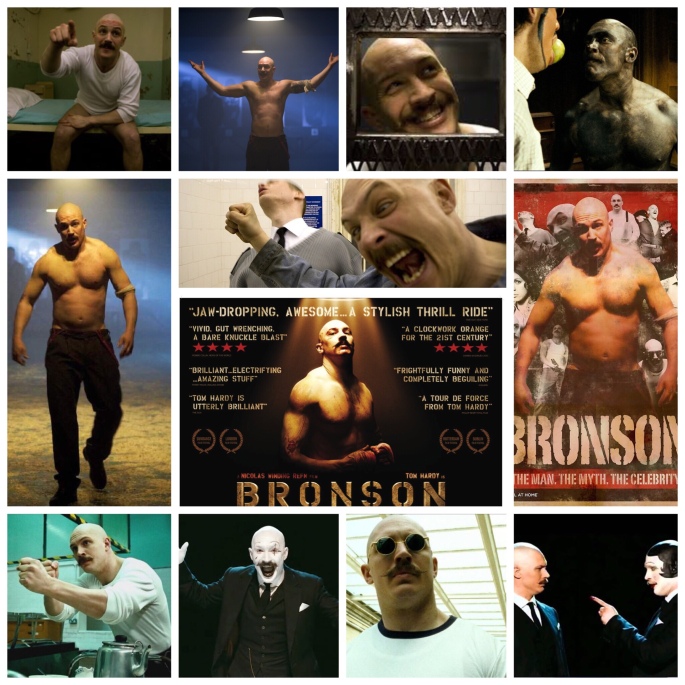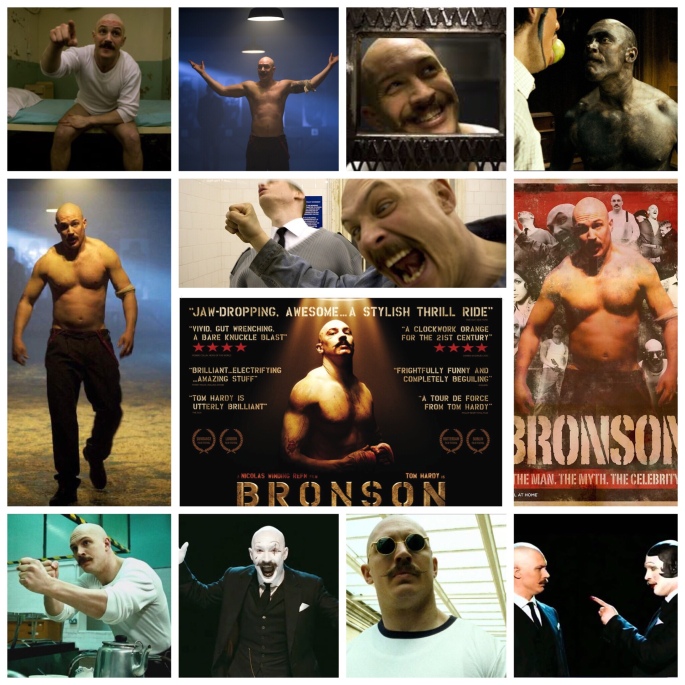
Nicolas Winding Refn’s Bronson is based on the violent true life exploits of Britain’s famed criminal Charles Bronson, jailed for decades on purpose and loving it. These type of films usually have a dutiful, glossy biopic mechanism to them, but Refn is ever the extreme stylistic boundary pusher and the way he directs seems as if we’re actually in the hectic subconscious of the protagonist as opposed to looking in from the outside. It’s hazy, hallucinatory, weird, unpredictable and soaked in the feverish neon that has become the Danish maverick’s calling card. Then there’s the performance by Tom Hardy, which defies both description and classification. He doesn’t so much act as he does exist, like an element or a primal instinct, playing Bronson filled to the brim with cheeky aggression, animalistic behaviour, a galaxy of idiosyncratic mannerisms and the likability to keep us entranced through what, upon reflection, is actually a really fucked up and disturbing story. Bronson, born Michael Petersen, was busted barely out of his teens for terrifically botching an attempted post office robbery, chucked in the pen where he’d have been out in four years or so with ‘good behaviour.’ Well. Let’s just say that the good behaviour part isn’t in either his nature or his plan. He loves conflict, fights the guards any chance he gets, incites riots and makes life hell for the British correctional force. That’s basically the film, but the straightforward story only exists to serve a surreal tapestry of episodic, atmospheric interludes where the plot isn’t so much unfolding in a literate manner as it is taking a backseat to Bronson’s unconventional, self aware telling of his own story. There’s editing and colour timing that’s so saturated, so bizarre and out there you feel like the whole thing exists as a dream, resplendent with oddball character interactions, delirious, thumping soundtrack choices and the kind of mood-scape that sucks you right the fuck in. Refn doesn’t try and provide any answers to the psychological nature of a guy like Charles either, and that’s a wise move. It’s interesting to look at the third act in which his behaviour seems to take a turn for the better with the arrival of a helpful shrink/mentor only to have him gleefully fake everyone out and start causing shit again. It’s seemingly arbitrary and his antics don’t hand a purpose, frankly outlined by Refn as storyteller, and not historian. It’s about Charles, and this is *his* story, told by this whipped up, warped version of himself that’s personified by Hardy in what can arguably be called the performance that put him on the map, and whatever your gut reaction to a piece of cinema this provocative and strange, there’s no debate over what a galvanizing, brilliantly concocted sensory experience it is.
-Nate Hill
